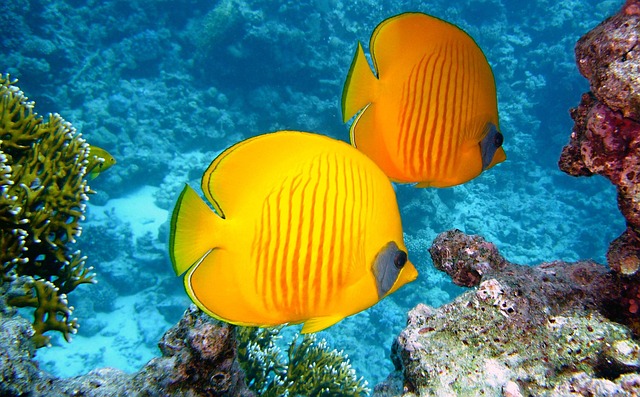The destruction of coral reefs has become one of the most pressing environmental concerns of our time, especially as it relates to the broader impacts of climate change and deforestation. These vibrant marine ecosystems, often referred to as the “rainforests of the sea,” play a crucial role not only in maintaining biodiversity but also in supporting the livelihoods of millions of people around the globe. Sadly, they are now facing unprecedented threats that are pushing them closer to extinction.
One of the most significant drivers of coral reef destruction is climate change, which leads to rising ocean temperatures. When water temperatures exceed the coral’s tolerance levels, a phenomenon known as coral bleaching occurs. During bleaching, corals expel the algae that provide them with food, resulting in a stark white appearance and making them more vulnerable to disease, starvation, and eventual death. With oceans warming at an alarming rate, the survival of coral reefs hangs in the balance.
Furthermore, the connection between deforestation and coral reefs cannot be overlooked. Deforestation leads to increased sedimentation in coastal waters. When trees are cut down, the soil that once absorbed rainfall is washed away into the sea, clouding the water and blocking sunlight from reaching the corals. This not only inhibits their growth but also stresses the delicate balance of marine life that thrives within these ecosystems. In many cases, deforested areas are replaced with agriculture or urban development, leading to further environmental degradation.
The effects of this destruction are felt far beyond the realms of marine life. Coral reefs provide crucial services to human communities, including coastal protection from storms and erosion, as well as supporting fisheries that many depend on for their livelihood. As coral reefs decline, so too do these invaluable resources. It’s a vicious cycle where human activities exacerbate environmental challenges, leaving societies vulnerable and disconnected from the natural world.
As stewards of the planet, we must take urgent action to address the destruction of coral reefs. This involves not only combating climate change through carbon emissions reductions but also implementing sustainable practices in forestry and land use. Preserving coastal ecosystems like mangroves and seagrasses can help mitigate some of the impacts of deforestation while providing additional habitats for marine life.
Engagement at all levels—from individual actions to global agreements—is essential for preserving the natural beauty and ecological health of our planet. Communities must advocate for policies that protect coral reefs and hold industries accountable for practices that contribute to their degradation. By prioritizing conservation and restoration efforts, we can ensure that future generations will inherit a world rich in biodiversity, including vibrant coral reefs that teem with life.
In understanding the environmental impact of our actions, we must foster a profound sense of responsibility towards our oceans. The fate of coral reefs is intertwined with the health of our planet, and together, through awareness and proactive measures, we can combat the forces threatening these precious ecosystems.




